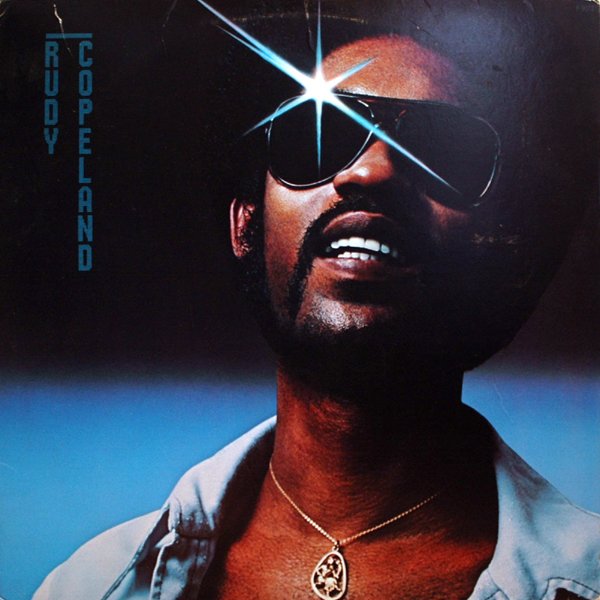
Titres
A1 Whenever You're Ready
A2 I See You
A3 Make Yourself Available (On The Permanent Side)
A4 Doin' The Best I Can (With What I Got)
B1 Fonky Blind Man
B2 Didn't I Tell You
B3 True Love
B4 What The Blindman Sees
Crédits
Rudy Copeland : Chant Principal, Piano [Acoustique], Orgue [Fender Rhodes], Orgue, Synthétiseur [Mini Moog], Clavinet, Synthétiseur [Arp String]
The Brown Family : (A1 à A3, B1, B2, B4) : Chœurs
Gary Brown (A1 à A3, B1, B2, B4) : Basse
Joe Brown (A1 à A3, B1, B2, B4) : Batterie
Tony Drake (A1 à A3, B1, B2, B4) : Batterie
Lenny Williams (A1 à A3, B1, B2, B4) : Piano [Acoustique]
Antoine Dearborn (A1 à A3, B1, B2, B4) : Percussions
Maceo Parker (A1 à A3, B1, B2, B4) : Saxophone [Alto]
Fred Wesley (A1 à A3, B1, B2, B4) : Trombone
Richard Griffith (A1 à A3, B1, B2, B4), Rick Gardner (A1 à A3, B1, B2, B4) : Trompette
Mastering : Geoff Sykes
Arrangements [Cuivres] : Fred Wesley (A1, A2, B1, B2, B4), Larry Williams (A1, A2, B1, B2, B4)
Producteur : Lenny Williams
Pour le retour des vacances (depuis bien longtemps déjà), je vais vous parler de l'album d'un pianiste/organiste aveugle : Rudy Copeland.
Sous la houlette de Johnny Guitar Watson et Larry Williams, il a collaboré à pas mal d'albums de Watson, Charles Earland, Nat Adderley.
Comme Stevie Wonder, il a commencé à jouer très tôt, Mick Jagger le voulait même dans son groupe à la fin des années 60.
Signé chez Fantasy au début des années 70, il sort son propre album en 78, produit par Larry Williams.
Quand on voit les crédits, on voit que c'est du lourd.
Un très très bon album même si pour être franc, je trouve qu'il était meilleur derrière un clavier que derrière un micro.
True Love
Didn't I Tell You et Doin' The Best I Can



